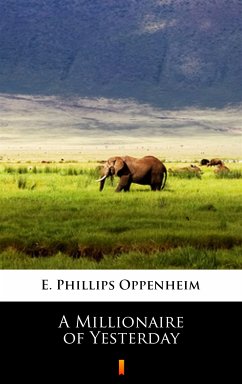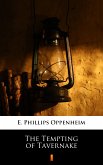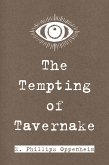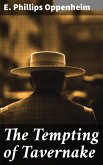The novel tells about the struggle of a young man for wealth in colonial Africa and about his search for happiness in this country. Although he is trying to do everything right and honest, he is prevented by many opponents who bring only a great calamity. But despite all the difficulties, the story ends with a happy end.
Dieser Download kann aus rechtlichen Gründen nur mit Rechnungsadresse in A, B, BG, CY, CZ, D, DK, EW, E, FIN, F, GR, HR, H, IRL, I, LT, L, LR, M, NL, PL, P, R, S, SLO, SK ausgeliefert werden.
Hinweis: Dieser Artikel kann nur an eine deutsche Lieferadresse ausgeliefert werden.









